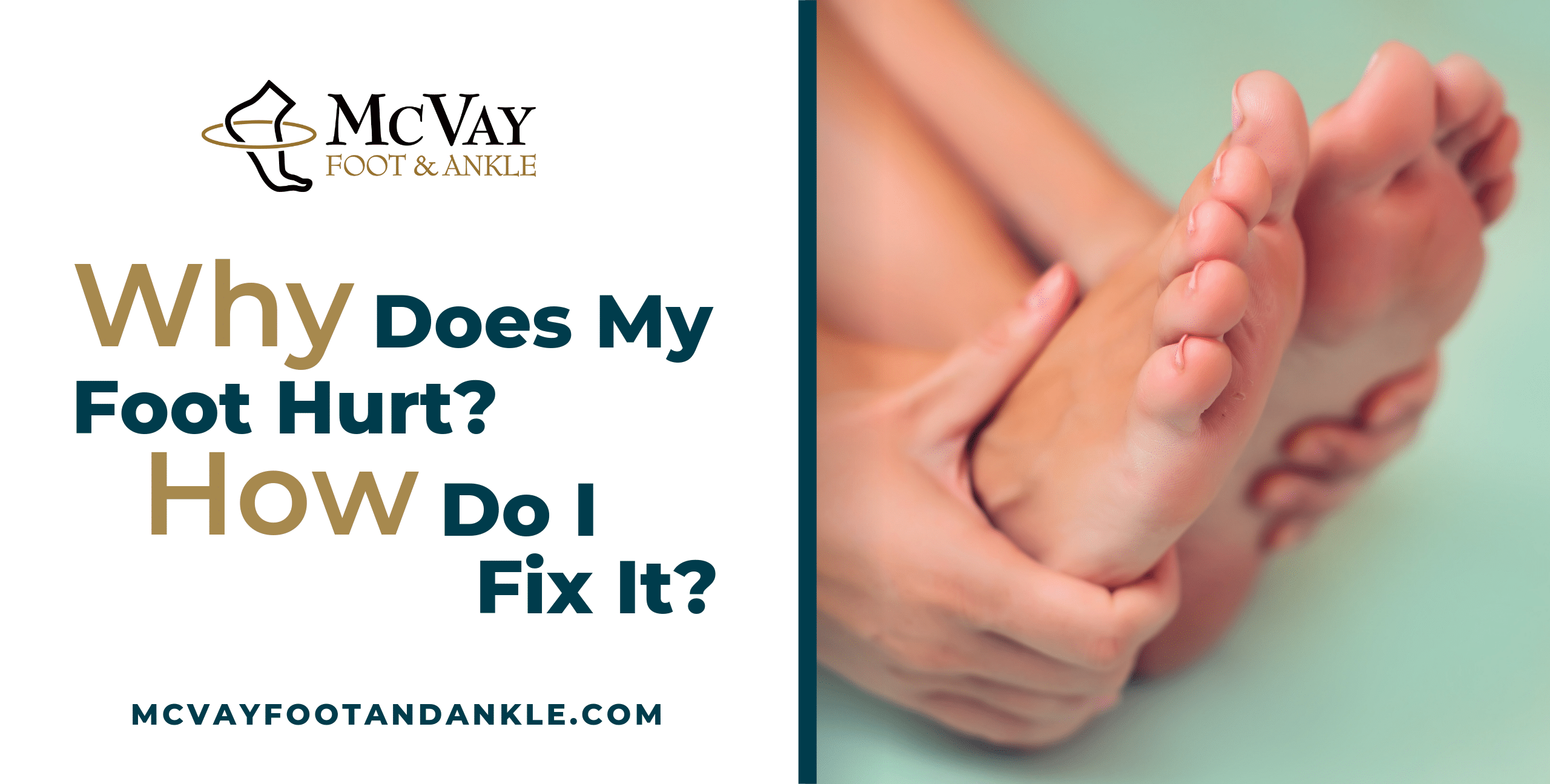Why Does My Foot Hurt?
Foot Injuries
If you have injured your foot, it is important to see a doctor so they can properly diagnose and treat the injury. Depending on the severity of the injury, you may need to rest, ice, elevate, and/or take anti-inflammatory medications. You may also need to wear a boot or brace and do physical therapy exercises.
Nerve Pain
Nerve pain can be caused by several different conditions, such as diabetes, alcohol abuse, and vitamin B12 deficiency. If you are experiencing nerve pain, you may need to take medications, have surgery, or do physical therapy.
Structural Abnormalities
Structural abnormalities, such as bunions and hammertoes, can cause pain when you walk or stand. Wearing shoes that fit properly and doing exercises to stretch and strengthen your feet can help ease the pain. In some cases, surgery may be necessary to correct the problem.
Overuse
If you are a runner or participate in other high-impact activities, you may be at risk for overuse injuries. These injuries are often caused by repetitive motions that stress the feet. To prevent overuse injuries, it is crucial to wear proper shoes and to only gradually increase the intensity of your workouts.
Diabetic Issues
Diabetes can cause several problems for your feet, including nerve damage, poor circulation, and infections. If you have diabetes, it is important to see a podiatrist regularly and to take care of your feet by washing them daily and keeping them dry. You should also wear shoes that fit correctly and avoid walking barefoot.
So What Can We Do About My Foot Hurting?
There are many treatments for foot pain, depending on the cause. Stretching and exercising regimens, anti-inflammatory medications, corticosteroid shots, changes in footwear/workout plans, and custom orthotics can all help relieve pain. In some cases, surgery may be necessary.
1. Stretching and Exercising
Stretching and exercising can help to improve flexibility and strengthen the muscles in your feet. This can help to prevent injuries and relieve pain. There are many exercises and stretches that you can do at home or the gym.
2. Anti-inflammatory Medications
Anti-inflammatory medications, such as ibuprofen and naproxen, can help to reduce swelling and pain. These medications can be bought over-the-counter or prescribed by a doctor.
3. Corticosteroid Shots
Corticosteroid shots are a type of anti-inflammatory medication that can be injected into the foot to reduce pain and swelling. These shots are given by our doctors.
4. Changes in Footwear/Workout Plans
Wearing shoes that fit properly and support your feet can help to prevent pain. If you are a runner, you may need to change your running shoes every few months to prevent overuse injuries. You may also need to change your workout routine to reduce the amount of stress on your feet.
5. Rare Cases – Surgery
In some cases, surgery may be necessary to treat foot pain. This is usually only done for severe injuries or structural abnormalities.
6. Custom Orthotics
Custom orthotics are devices designed to support and realign the bones in your feet. They can be made to fit your specific foot type and help to relieve pain.
Getting The Help You Need Starts With You
Life is hard when you’re struggling to just walk without pain. It’s even harder when you’re trying to get by without any treatment.
If you are experiencing persistent foot, heel, or ankle pain, do not hesitate to seek help. The longer you wait, the more time you lose to discomfort—and the worse the problem may gradually become.
You can reach our Colorado Springs office by calling (719) 266-5000 to schedule an appointment. If you preferred to reach us electronically for questions or appointment requests, we are more than happy to hear from you via our online contact form. Let us help you!
© McVay Foot & Ankle. All Rights Reserved
Web Design by CP Solutions
Marketed by VMD Services
Privacy Policy | Terms & Conditions

